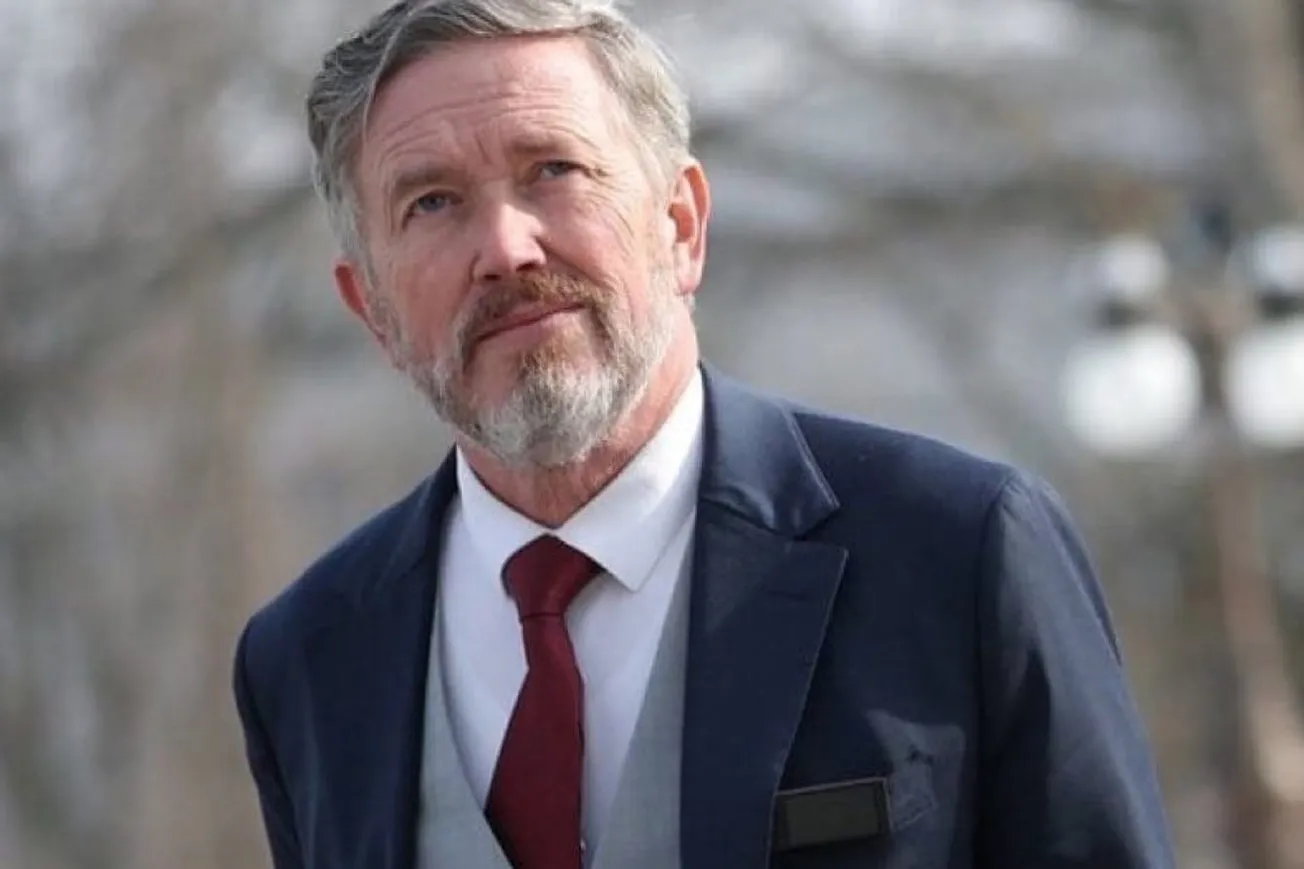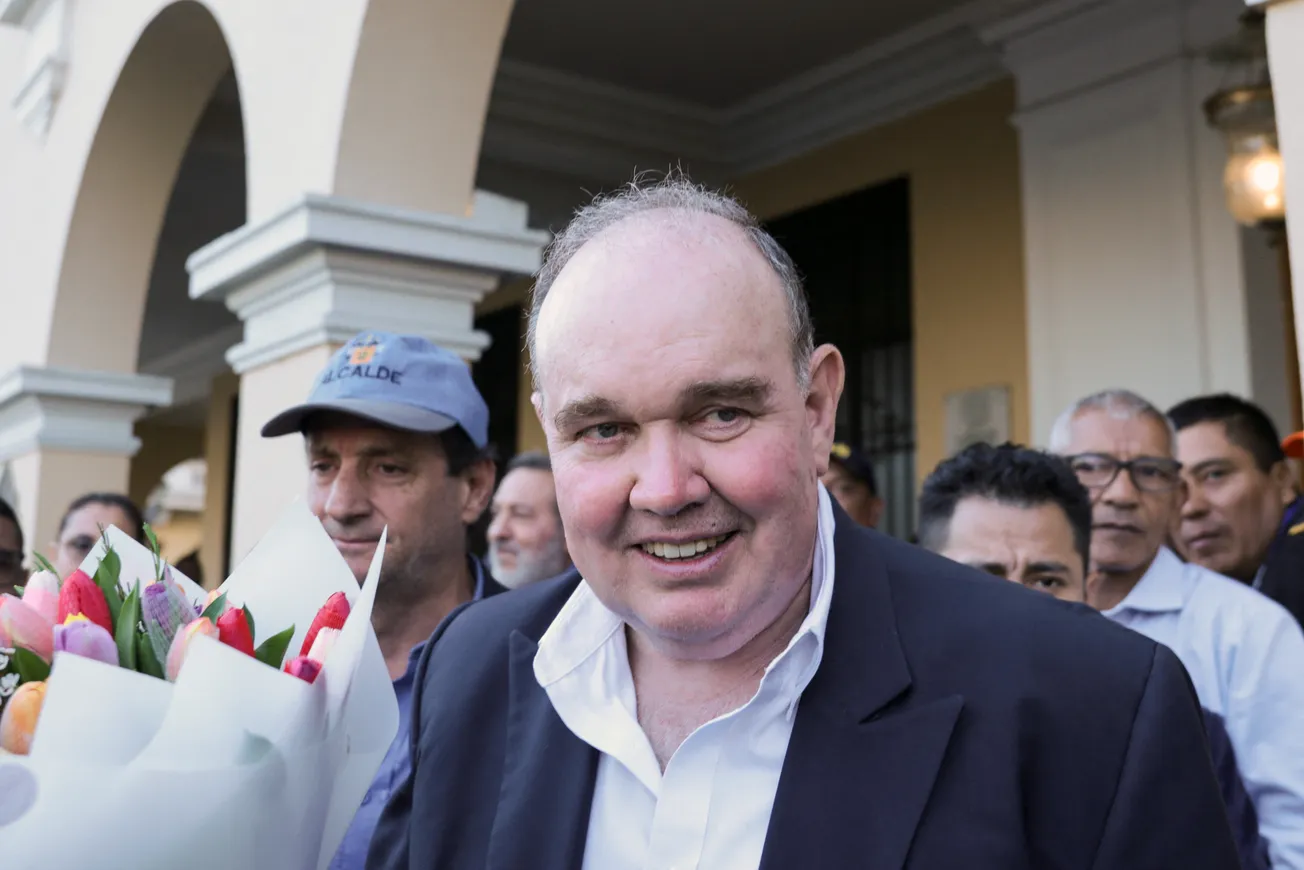By George Caldwell, The Daily Signal | January 16, 2025
With the GOP’s razor-thin majority in the House of Representatives, the House Freedom Caucus’ conservative members could have a veto over the upcoming budget reconciliation package that aims to pass massive portions of President-elect Donald Trump’s agenda. The Freedom Caucus made its budget reconciliation priorities known Thursday, releasing a proposal that seeks to make the MAGA agenda happen while fitting it within the budget.
In their two-page plan, members of the Freedom Caucus propose cutting Biden administration spending and raising the debt ceiling to make room for Trump campaign promises such as the border wall.
“We would quickly fund border security, modernize the U.S. military, cut spending by reversing some of the worst Biden policies, right-size federal agencies and programs, and increase the debt ceiling for two years, while legitimately bending the spending curve down for the first time in two decades,” reads a statement from the Freedom Caucus.
Rep. Andy Harris, R-Md., chairman of the Freedom Caucus, told The Daily Signal that his colleagues had to be realistic in terms of how much they could balance the budget.
“The budget is not going to be in balance for 10 years or so,” said Harris. “What we have to do is, we have to bend the deficit curve.”
In Harris’ view, it is necessary to raise the debt ceiling to implement Trump’s agenda and to keep financial markets stable.
“We need to deliver on the border quickly. We think we need to reassure the financial markets that we’re serious about cutting spending, and we think we need to reassure the financial markets that we are, in fact, going to have a debt ceiling increase,” said Harris.
Rep. Russ Fulcher, R-Idaho, a member of the Freedom Caucus, told The Daily Signal that the reconciliation proposal largely came out of a compromise at Trump’s Mar-a-Lago home between Trump and Republican congressmen who had concerns about excessive spending.
“I, as well as most of the other people that contributed to this proposal, met with the president last Friday at his request, and we made notes and we provided input—things that were important to us. He pointed out things that were important to him. And that was the genesis of this letter,” said Fulcher.
“The president, for fiscal reasons, really wants to see a debt ceiling increase—not for the reasons, per se, of just opening up the ability to spend more, but just to provide some breathing room for Wall Street and bond markets,” he said.
The reconciliation plan mentions Elon Musk’s “Department of Government Efficiency,” or DOGE, a proposed commission to advise Trump on cutting wasteful government programs.
The letter says the plan will “empower DOGE” and “sets the stage for DOGE cuts in FY26 [fiscal year 2026] appropriations.”
Fulcher said that Musk played a large role in the negotiation of the plan, pushing for an increased role for the Department of Government Efficiency.
“Mr. Musk was part of our meetings the entire time that we met with the president,” said Fulcher. “So, we got a little bit of a feel for his approach, and I think where the president is trying to go there is just outside interest—kind of a refreshing, nongovernment look at the overall spending paradigm.”
Harris told The Daily Signal that he doesn’t know exactly how DOGE will function, but that the president-elect and Congress are taking it seriously.
“Obviously, that’s for the administration to figure out exactly how it’s structured and what it does,” said Harris. “But we think that the administration and Congress should seriously look at their work and take their proposals into consideration. Some of them can be delivered by executive action, some are going to take Congress … But we think the recommendations by Elon and Vivek [Ramaswamy] have to be taken very seriously.”
With Thursday’s budget proposal, the Freedom Caucus is attempting to unite a tiny Republican House majority that can afford almost no dissent against Trump’s agenda.
“We’ve actually designed a plan which, combined with the debt ceiling increase, could actually be passed by Republicans alone,” Harris said. “That’s why we call it the 218 plan. There’s no need to involve Chuck Schumer, as you would involve if you do it in any other way other than reconciliation.”
The big question, however, is, what will House Freedom Caucus members do if Speaker Mike Johnson’s, R-La., plan is different from theirs?
George Caldwell is a journalism fellow at The Daily Signal.
Original article link









